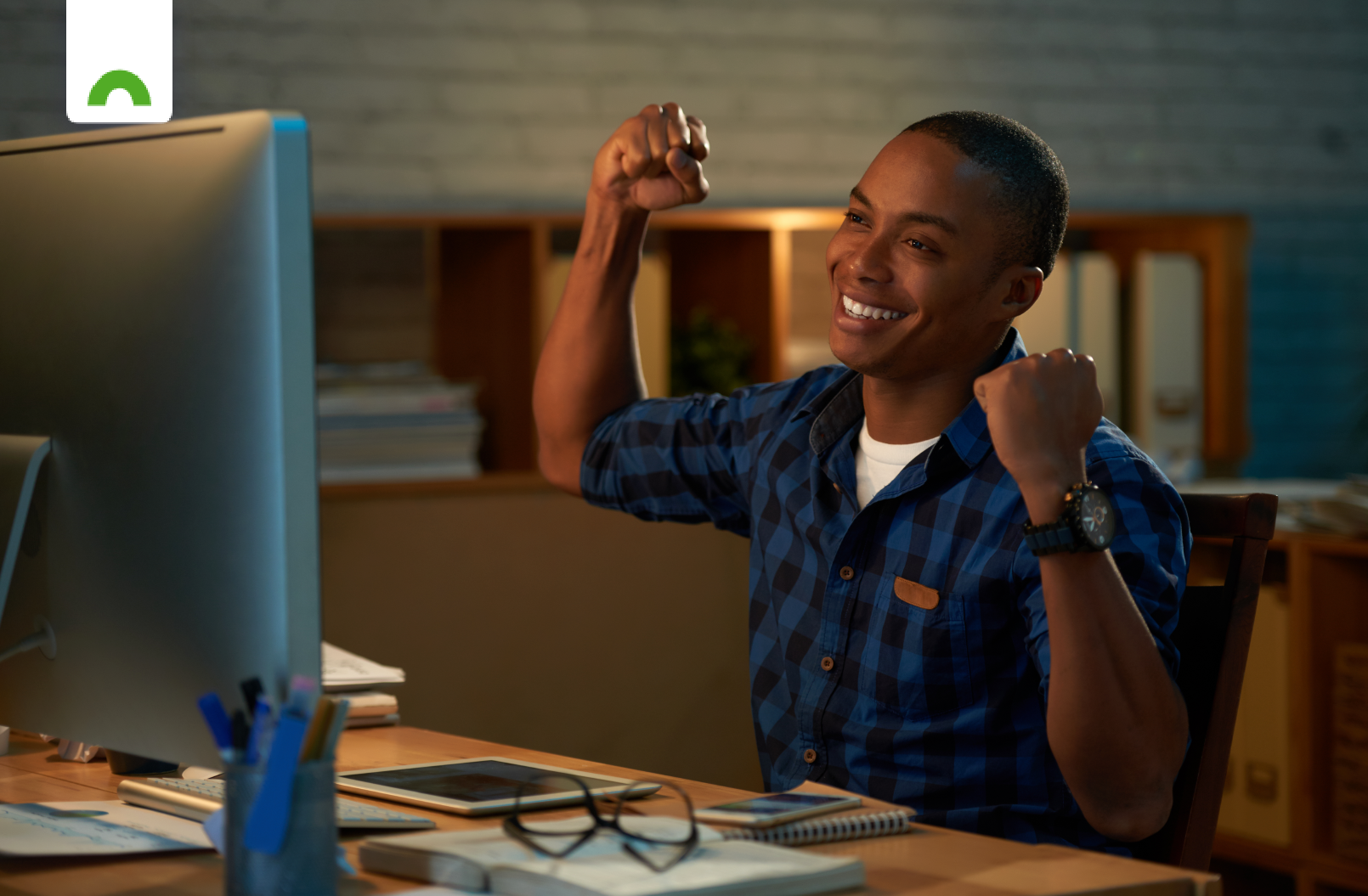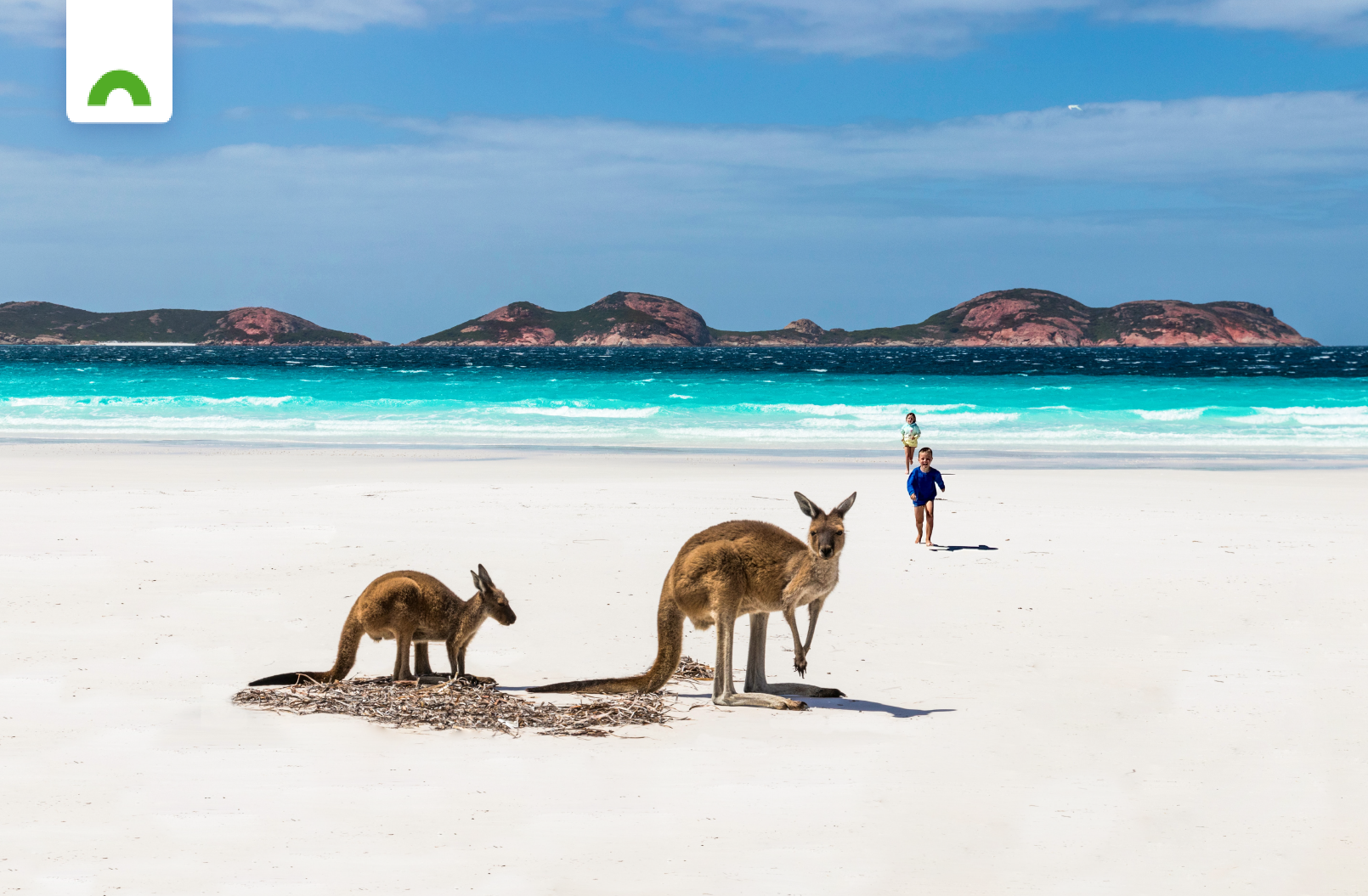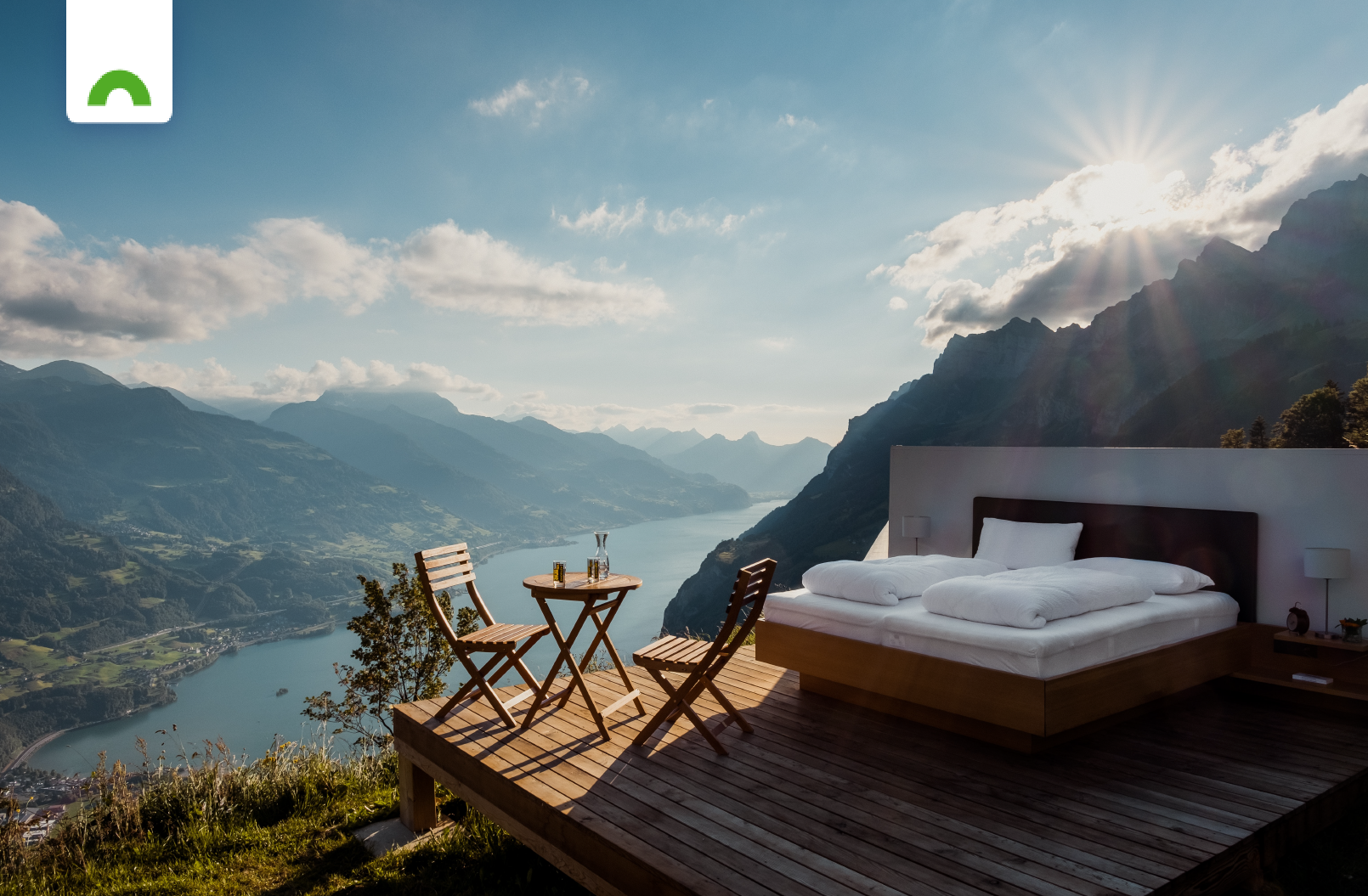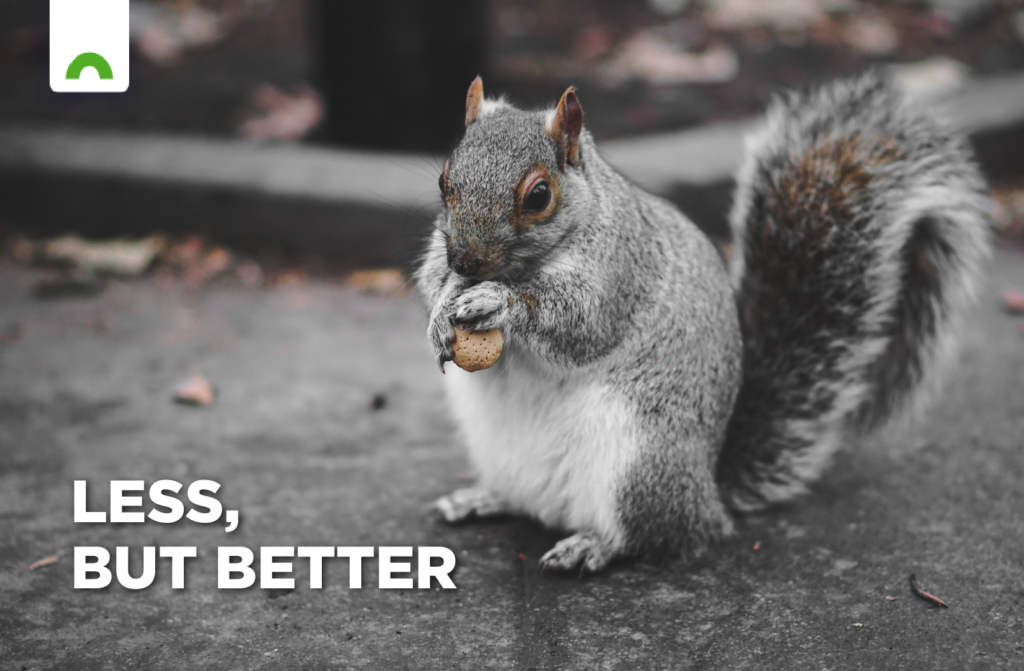Has the past year left you feeling like a deranged squirrel, chasing and hoarding nuts, fervently chewing your way through piles of non-stop tasks?
It’s alright. Just stop. Take a load off (literally). When home life merged with work life, we all mutated into multitasking monsters, our backs bent over laptops for hours on end, thinking if we’re busy, we must be productive. There is a better way – it’s called doing less.
The Swedes have a lovely concept, called Lagom: it describes something in just the right amount, or done in comfortable moderation and balance. Revolutionary in its simplicity, the concept invites positive changes to our lives and work, until it ripples across the travel industry and, ultimately, society. Tell your inner squirrel that enough is enough.
Get a Minimalist Makeover
We’re so accustomed to having so much stuff, we barely give it a second thought. It’s doubtful that owning 25 pairs of shoes (excluding the comfy flip-flops or slippers of our WFH uniform) or a range of different gadgets (only the latest, coolest device on the market for a minute) can really make anyone feel secure. Imagine having less stuff clogging up your space…
Then there’s the long-revered ability to multitask, that manic mark of false efficiency. Multitasker bragging rights are now moot, with studies proving over and again that multitasking splits mental focus, reducing rather than improving productivity. A simpler routine would be bliss.
Maybe you started this year with a list of well-intentioned resolutions, but do yourself a favour: cut the clutter. Eliminate the unnecessary and focus your energy on meaningful action. Whether it’s your diet or exercise regime, cultivating healthy lifestyle or mental habits, or keeping in touch with friends and family, keep it simple and efficient.
 The minimalist movement teaches us the virtue of letting go – doing only what’s useful and economising on effort, pave the way to purposeful living. Habituate this:
The minimalist movement teaches us the virtue of letting go – doing only what’s useful and economising on effort, pave the way to purposeful living. Habituate this:
- Schedule that power nap you’ve enjoyed occasionally. One advantage of working from home is being able to pay better attention and devote time to what your body and mind need. More rest, lower stress levels.
- Declutter your living and work spaces. If it serves no practical purpose, only takes up space, or you can’t remember when you last used it, dump it! Clearer spaces, calmer mind.
- Spend thoughtfully. Before making any new purchases, consider if you really need it or if you’ll just end up with more stuff that will soon depreciate. Less materialism, more value!
- Practise digital minimalism. Unplug a little, use fewer devices and tune out from parts of the online peanut gallery. Less digital stimulation, more quality attention for what’s important, right in front of you.
If it Works, Keep Doing it
We implement processes, tools, tactics, use different programmes and platforms, we plot, plan and Zoom up to wazoo, filling our days with plenty to do, which sounds productive… But how much of this activity is actually useful and to what extent? When we’re too busy, we risk missing out on important details and forgetting to take necessary action.
Productivity is the main casualty. Simplifying focus is the remedy.
Audit your processes and activities now, because once the pent-up travel demand hits, you won’t have time nor attention for anything other than answering that demand. So commit to doing more of what works now and less of what doesn’t.
If I had 6 hours to chop down a tree, I’d spend the first 4 hours sharpening the axe.
Abraham Lincoln
To get more out of digital with less risk and waste – in other words, work smarter, not harder – take a deep dive analysis of your brand, content and sales collateral: identify which tools or tactics are redundant, which parts of your system get the job done, and what should be optimised. There’s time and money to be saved, as well as your precious energy.
 Conduct an audit
Conduct an audit
- Is your brand messaging consistent on all platforms? If it differs wherever your brand is visible online, it can cause confusion and compromise interest in your brand. Cull the channels where you don’t control how it displays and retain those that accurately represent your brand.
- Who is your target audience? Use targeted content on platforms that are relevant to your market (e.g. ply millennials with video content on their preferred platforms like YouTube, Instagram, Pinterest and Facebook). Discard platforms and conversations that aren’t yielding positive results for now. Focus instead on building relationships that support your business goals.
- Does your collateral support a smooth sales journey? From creating itineraries or digital brochure content, to distribution and booking, it should be as simple as sharing or clicking on hyperlinks. Provide direct access between prospective clients and you or your product offerings, on live chat, enquiry and booking forms, and online payment options, and minimise friction in your processes.
Put data to work
- Analyse click-through and drop-off rates on your website, blog and marketing emails. If content marketing garners more attention than overt sales pitches, this is the time to do less of the latter and do the former better.
- Evaluate engagements across your social media platforms. The data will tell you where to continue investing your time, labour and ad spend. There’s already so much content out there – limit your efforts to measured, quality output.
- Pull reports on WetuShare or itinerary open rates to learn what information and products are popular right now. Reward your clients with more of what interests them, and pause what’s irrelevant to them.
This takes the guesswork out of deciding where to invest your budget. Whatever works for you, keep doing it and for now at least, eliminate the rest.
 Less is Sustainable
Less is Sustainable
Stripping down your processes can be liberating! You get to focus on what’s important: the longevity and prosperity of the travel industry. Your job is to sell the dream, flaunt the charms of a destination or an experience, and make them accessible to the dreamers. They depend on your expertise; so rather than trying to do too much for everyone (and sell everything under the sun), choose what you know best and do that one thing well.
It’s been said that simplicity is the soul of efficiency. Perfect your niche. Let go of the rest.
Sustainable tourism, coincidentally, asks us to be more mindful about the impact of our industry on destinations and local communities. Less is absolutely better in this respect. Overtourism is so passé! Our circumstances over this past year have presented one positive outcome: a revitalisation of nature and neighbourhoods that have had a break from tourism saturation. It’s within our power to support this renewed vitality – not only will that endear us to local communities and travellers, it also becomes the foundation of a tourism trade we can sustain safely into the future.
Less pollution, better air and water quality.
Less crowding, more authentic experiences.
Less imposition, more thoughtful spending.
Less negative impact, better quality tourism.
 And that’s why Less is Better
And that’s why Less is Better
Life, work and the travel industry will all be better off if we collectively do less, stress less, and spend more thoughtfully. Minimalism is nothing new but the philosophy carries new weight in these new times. We appreciate the inherent respect for those who have less because of the pandemic. And we simply love the idea that clearing the superfluous from our lives, invites opportunities for rejuvenation, new ideas and new prosperity.


Would you like to share your thoughts?
Your email address will not be published. Required fields are marked *